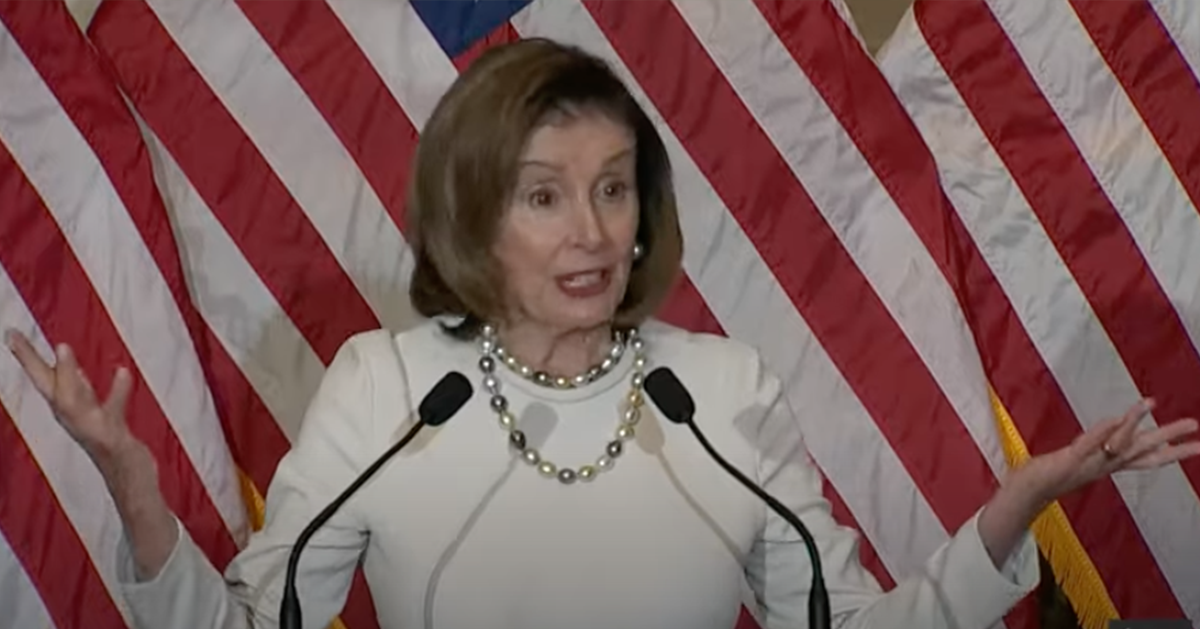Columbia University faces continued crisis as interim president resigns
Columbia University's leadership structure has taken another unexpected turn as Katrina Armstrong, the institution's interim president, has officially stepped down from her role.
The unexpected resignation of Columbia's interim president comes amid escalating tensions with the Trump administration which have led to the revocation of a significant portion of the university's federal funding, as the Daily Wire reports.
Armstrong's departure marks the second time in just seven months that Columbia University has experienced a change in presidential leadership.
This upheaval is the result of growing pressure from the Trump administration, which recently announced the removal of $400 million in federal funding from the university.
Previously, Columbia relied on more than $1 billion annually in federal funds, highlighting the severity of the current situation.
Funding Cut Sparks Leadership Change
The core of the conflict stems from Columbia's handling of campus protests, specifically those in support of pro-Palestinian and pro-Hamas stances.
The Trump administration has criticized the institution for exhibiting a double standard that endangers Jewish students on campus. This criticism has been a major factor in the decision to strip significant funding.
To navigate these turbulent waters, the university agreed to alter its policies regarding protests and campus security. Armstrong, the now-former interim president, faced internal backlash for these changes, primarily because they were enacted without any assurance from the Trump administration that the cut funding would be restored.
Despite these challenges, Armstrong will continue her association with Columbia, taking on a leadership role at the Irving Medical Center.
Armstrong's Contributions Acknowledged
In an address to the university, the chair of the board of trustees, David Greenwald, acknowledged Armstrong's efforts during her interim presidency.
He praised her dedication during a period of substantial uncertainty, emphasizing that she has consistently prioritized the wellbeing and interests of the Columbia community. Greenwald expressed gratitude for her service and looked forward to her continued contributions to the institution.
In light of Armstrong's resignation, Columbia's board of trustees has appointed Claire Shipman as the new interim president.
Shipman, who serves as the co-chair of the board of trustees, has conveyed her commitment to addressing the pressing challenges that the university faces. She emphasized acting with integrity and urgency, collaborating with faculty to advance the university's mission, implement necessary reforms, and protect both students and academic freedom.
New Leadership Brings Hope for Change
The recent leadership changes coincide with statements from the Trump administration’s anti-Semitism taskforce, which has recognized the actions by Columbia's governing body as a potentially positive step.
The task force's statement highlights the progress made toward advancing discussions between the university and the task force. This developing negotiation suggests that the university's policy adjustments may be viewed as promising groundwork for improved future relations.
The backdrop of these events is a critical juncture for Columbia University, whose finances and leadership have been dramatically impacted by recent decisions and resulting pressures. The situation underscores the complexities of university governance in politically charged climates and the intricate interplay between academic institutions and federal authorities.
Looking Forward Amid Challenges
As Shipman steps into her new role, she assumes the leadership position with a full appreciation for the challenges that lie ahead. Her resolve to act decisively, maintain academic freedoms, and protect the institution's scholarly ethos points toward a future where Columbia hopes to regain stability in both leadership and financial foundations.
For now, the university community, stakeholders, and students alike await the unfolding of negotiations and decisions that will shape Columbia's path forward. As the university navigates its current landscape, the entire academic sector watches closely to learn how these events will influence future university-federal government interactions. Shipman's approach to her new duties may serve as a case study for how educational institutions manage external political pressures while maintaining their core academic missions.




